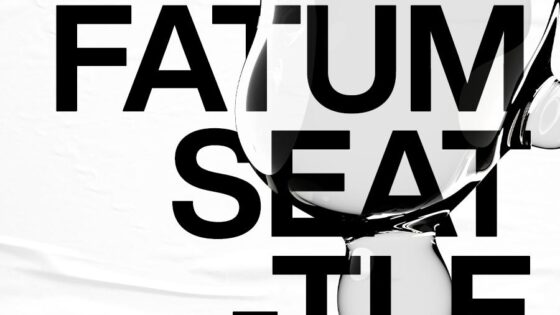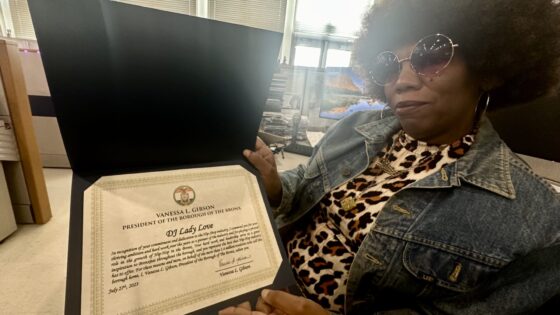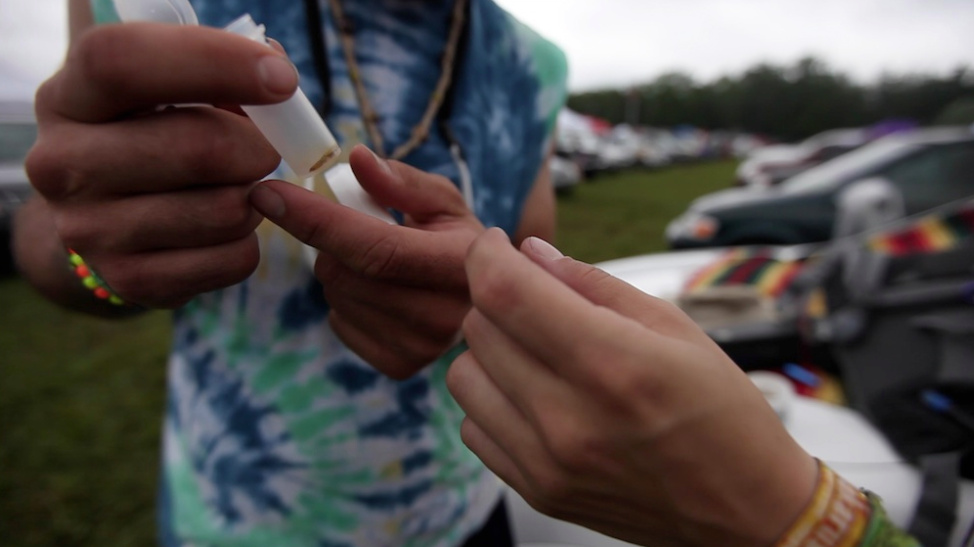A while back we reported on an organization in Canada called ANKORS (Aids Network Kootenay Outreach and Support Society) that provided truly essential services in the effort of harm reduction. ANKORS provided a place at Shambhala Music Festival back in 2013, where festivalgoers could bring their illegal substances to be screened for adulterants. Basic testing kits could tell you if what you bought is what you were sold. Throughout the time their services were used, they created a warning network to inform people that certain markings on pills or baggies aren’t what they are said to be. The result of which was a massive reduction in harm and led to only 7 transports through out the festival.
[pullquote]”ANKORS commissioned a survey to assess the use of the various components of our harm reduction programming at the 2013 festival.”[/pullquote]
During the time that ANKORS was provided this essential service, they surveyed willing participants to gather some real data on festival drug culture an the implications their service provides. The study was done in conjunction with the authors, Warren Michelow, existing research program studying poly-substance use. The survey explored who uses their services, what services they use, what are the patterns of their use of alcohol, cannabis and other substances at the festival, and what gaps in services might exist. A total of 182 people completed a six page questionnaire to which they verbally agreed to the survey and participants did not receive any remuneration for completing the survey. The Behavioral Research Ethics Boards at the University of British Columbia and the Interior Health Authority both approved of the research and how it was conducted.
Here are the major take aways from the study:
- ANKORS services are well-used with pill and powder testing being the most popular.
- ANKORS services complement other services at the festival to provide a continuum of harm reduction supports for the well being of festival attendees.
- Participants displayed high levels of awareness of some pragmatic harm reduction strategies that are consistent with ANKORS’ harm reduction messaging.
- ANKORS pill and powder testing services need to evolve to include more accurate purity tests and tests focussed on substances of major concern (e.g., PMA or PMMA).
- ANKORS pill and powder testing users dispose of substances that did not obtain the test results expected and do so at the ANKORS tent.
[pullquote]”I was impressed that a number of people did not use the substance if it turned out it wasn’t what they thought.” –Dr. Alexander Garrard, Washington Poison Control Center[/pullquote]
We spoke with Dr Alexander Garrard, the Clinical Managing Director at the Washington Poison Control Center, about his thoughts on this program. Dr Garrard also works with Stay Safe Seattle to create a better messaging program to inform people about the dangers of these synthetic designer drugs that are all too common in our scene. His biggest concern is that the reagent test kits can be a bit ambiguous in accurately identifying substances. However he says that the fact that people are throwing drugs away when the desired result is not met in the testing process is a very big step in the right direction.
As of right now, we will not see any programs or services like this in the United States any time soon. Currently the is a federal law called “The RAVE Act” that prohibits any venue from even supporting a program like this. If any promotion company were to even provide information on how to properly test or use illicit drugs, they are in turn condoning drug use and can be prosecuted under the law. There is an effort to amend the RAVE Act being spearheaded by Dede Goldsmith, who lost her daughter at a festival. A loss that could have been prevented by having programs like these in place.
The implications of this study are far-reaching. If we are to create a safer environment, we should be providing services like these. If we could get the state or country involved, we might even be able to set up an alert system to warn people in advance if they have some dangerous drugs. We also acknowledge that there are not any “safe” drugs, but we are fairly certain that if you know what you are consuming, you will be better off. Tell us what you think about this program in the comments below!
We reached out to Shambhala event organizers and have not received word on their thoughts on this program. We will keep you updated should that come.
Important things happen in Pacific Northwest nightlife, and DMNW will send you alerts!











































